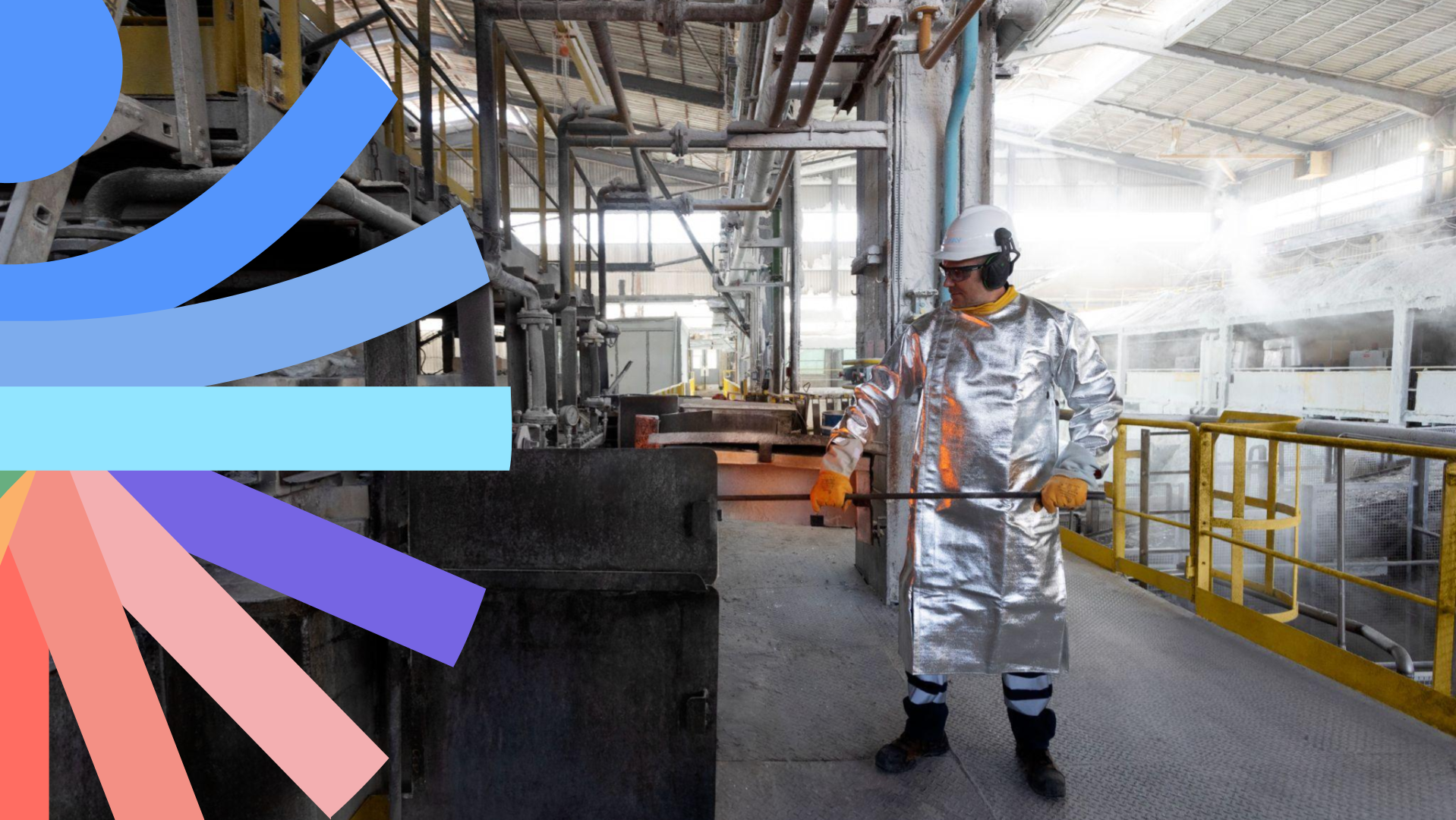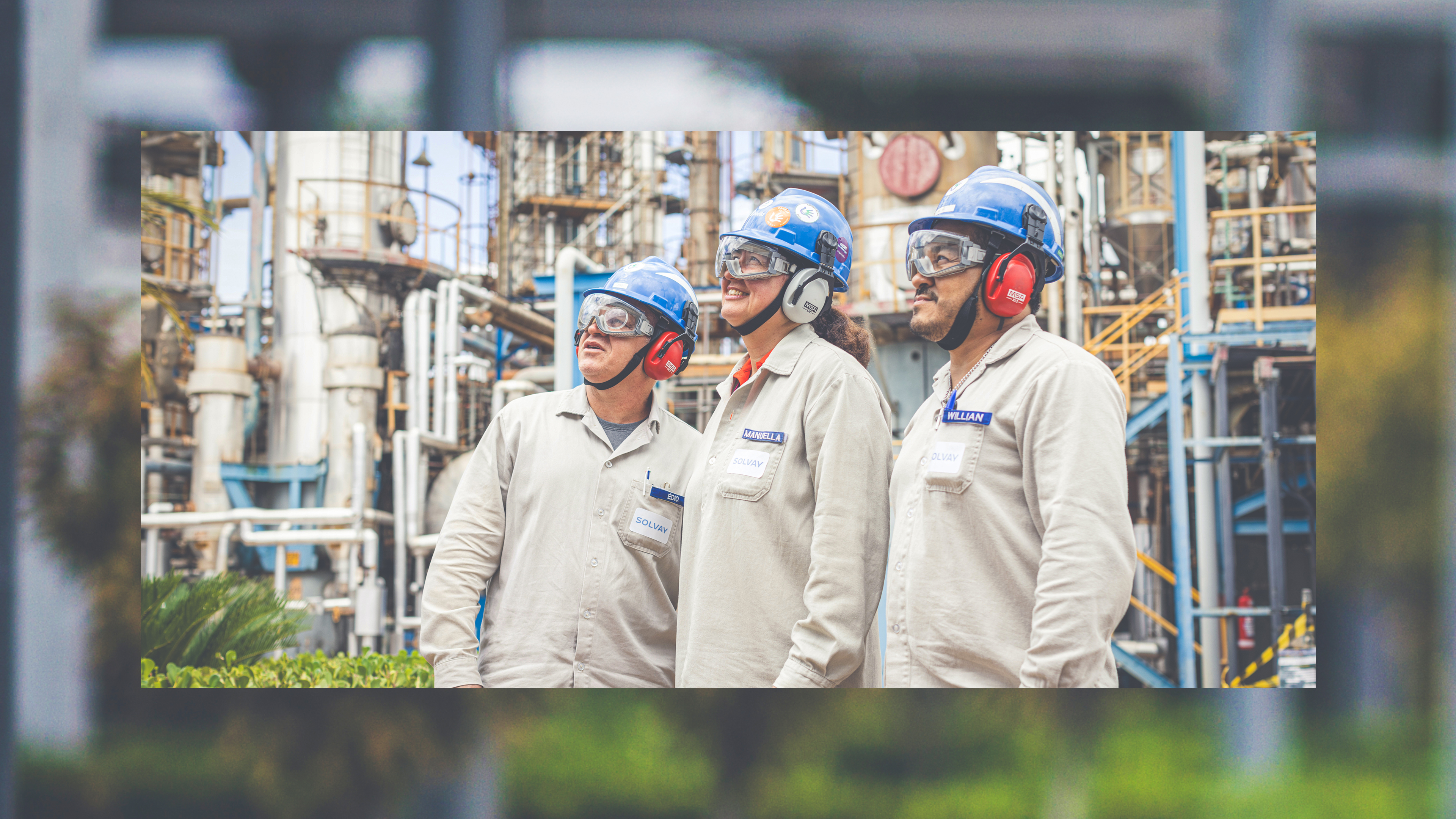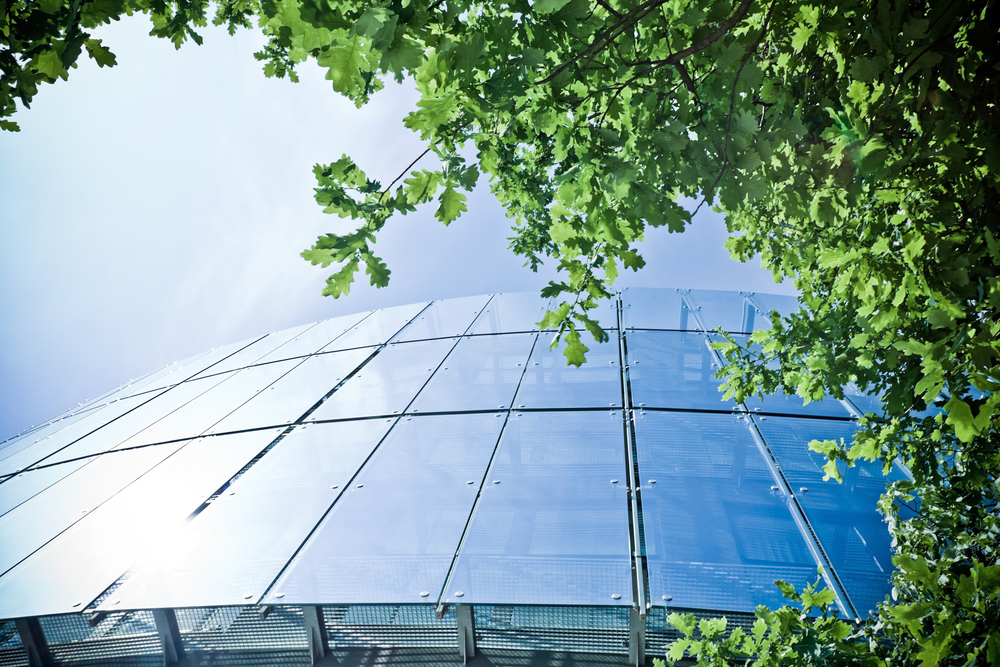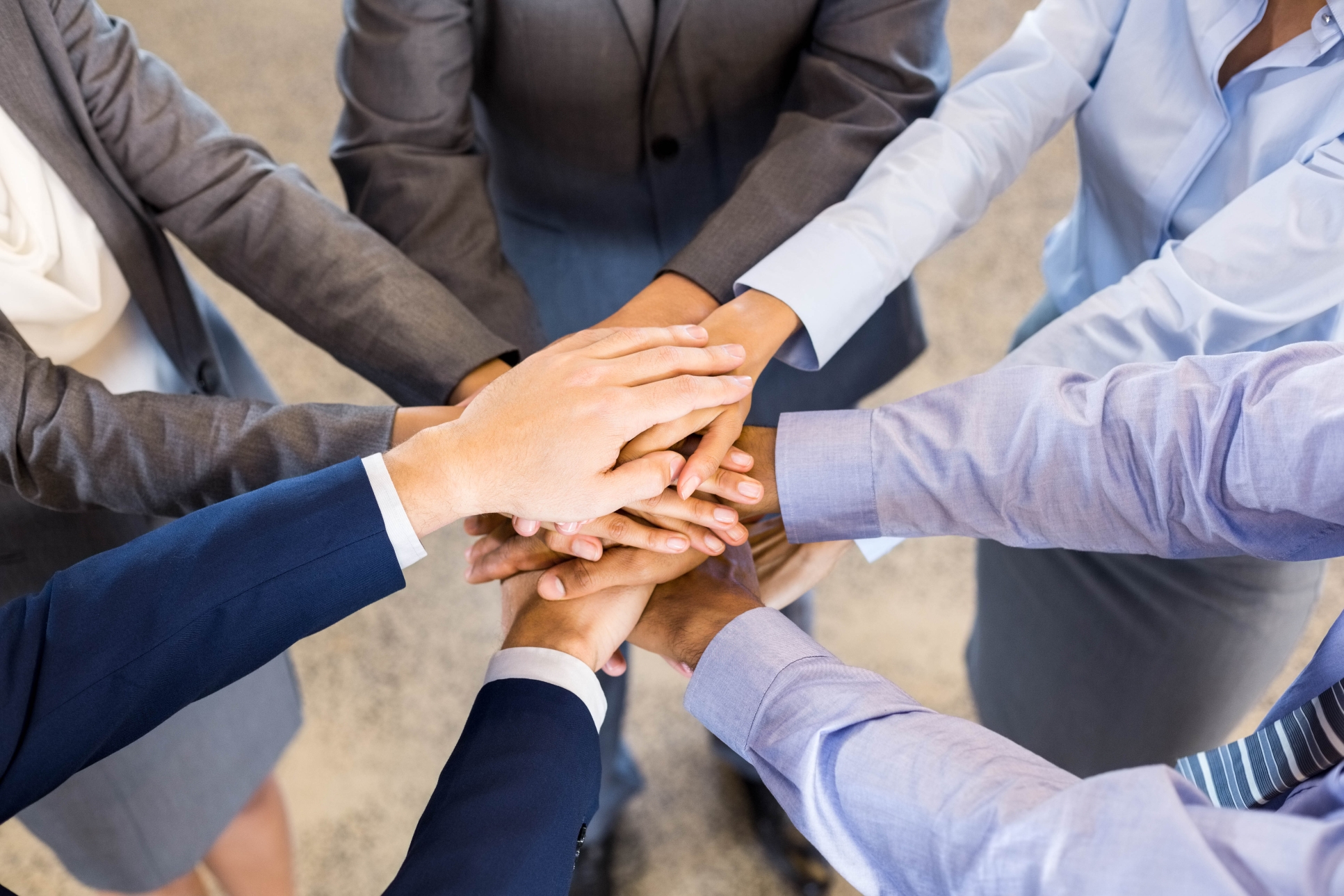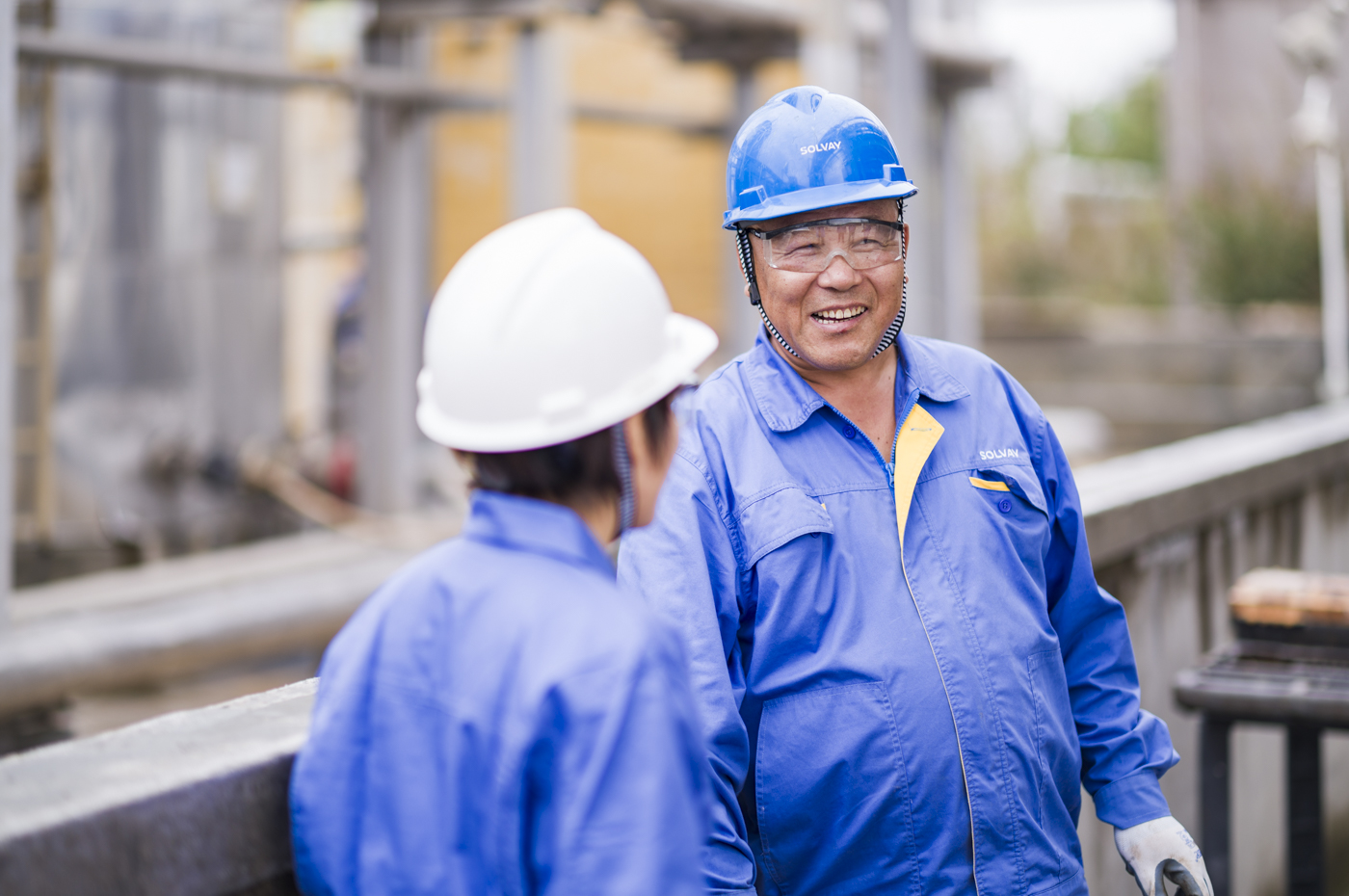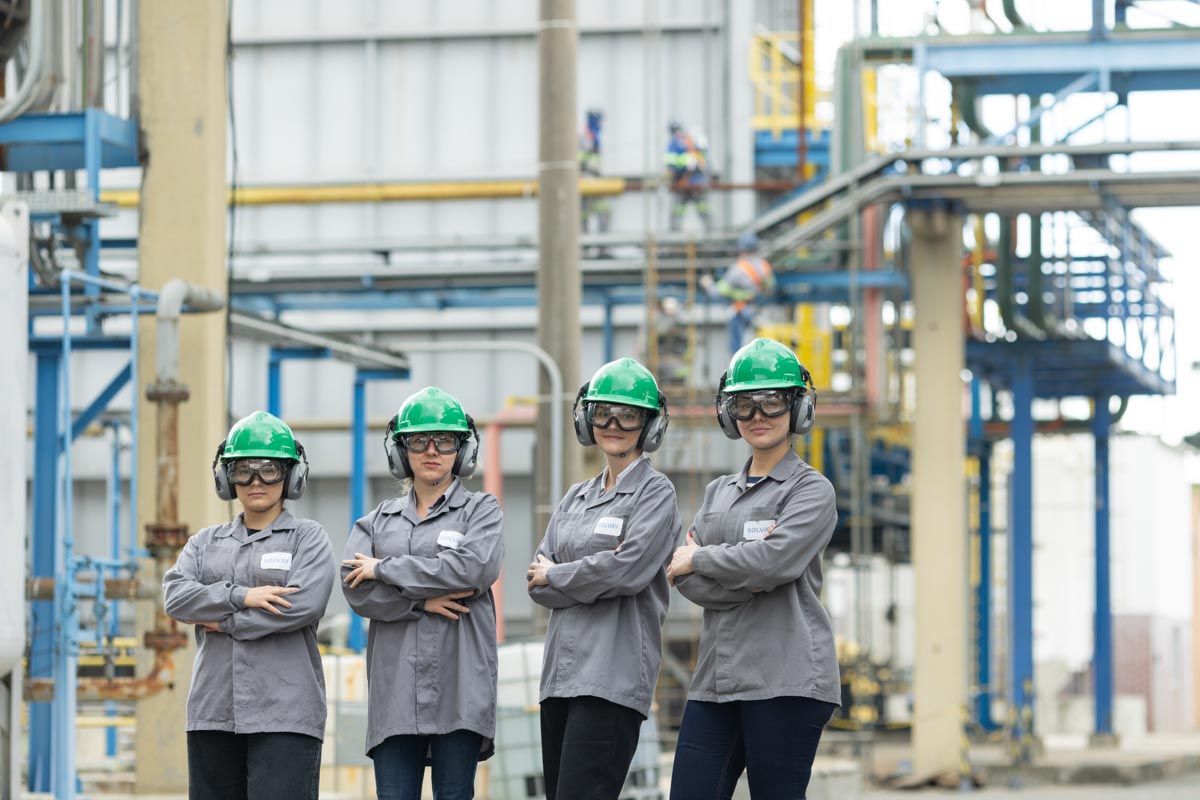Sustainable Impact For Generations
Sustainability is in our DNA. 160 years ago, our founder Ernest Solvay reinvented the soda ash process, making it cleaner and more sustainable, while also championing social responsibility. We continue his legacy today through our commitment to building trust and value for Solvay, its stakeholders, and society. Planet and Life are the past, present, and future foundations of Essential Chemistry.
We recognized early on that sustainability is essential to the chemical industry's future and have made it a core driver of our strategy. Our sustainability program embodies this driving force, reflecting a fundamental shift in our operations. We are carefully considering the implications of this promise and are ready to act. The name also honors Solvay's heritage. As a company with shareholders who have belonged to the same family since its founding, and where some employees have followed one another for generations, this program resonates deeply.
This program is both realistic and ambitious. We've made clear choices about our priorities, focusing our efforts where we can make the biggest impact. Our program rests on two powerful pillars: Planet Progress and Better Life.
Planet Progress
Driven by our commitment to the planet and clear expectations from our customers, we are accelerating our efforts and tackling climate change head on.

Climate Change
Our climate roadmap focuses on reducing direct and indirect emissions (Scope 1 and 2) and addressing Scope 3 emissions throughout our value chain.

Environmental Protection
We aim to reduce our environmental impact on emissions, water and waste.

Nature Conservation
We are working to minimize the negative pressures of our activities on nature and leverage our land to deliver tangible, positive impacts.

More Circularity
We contribute to the circular economy and provide our customers with lower environmental footprint products.

Sustainable Portfolio
We deliver essential chemicals that are crucial for daily life. Our products help society move towards a more sustainable future.
Better Life
As a responsible employer, we are committed to improving and enhancing the quality of life for our teams and communities through various initiatives focused on health and safety, well-being at work, diversity, inclusion and social dialogue.

Ethics and Compliance
Ethical and compliant behavior is essential to our people and to how we do business at Solvay.

Communities and Philanthropy
Making a difference to people, planet, and communities.

Social Care and Dialogue
Empowering through social dialogue, building a sustainable future for generations.

Health and Safety
At Solvay, safety is more than just a priority; it's a core value that guides everything we do.
Solvay's key sustainability targets
Solvay is committed to external measurable targets. Our sustainability objectives include:
Solvay is on track to meet its targets
Independent ratings of our performance
We are taking comments from ratings agencies very seriously. This includes eco-efficiency, ethics and compliance. Our Environmental, Social, and Governance (ESG) risk management approach protects human rights and the environment across our value chain.
